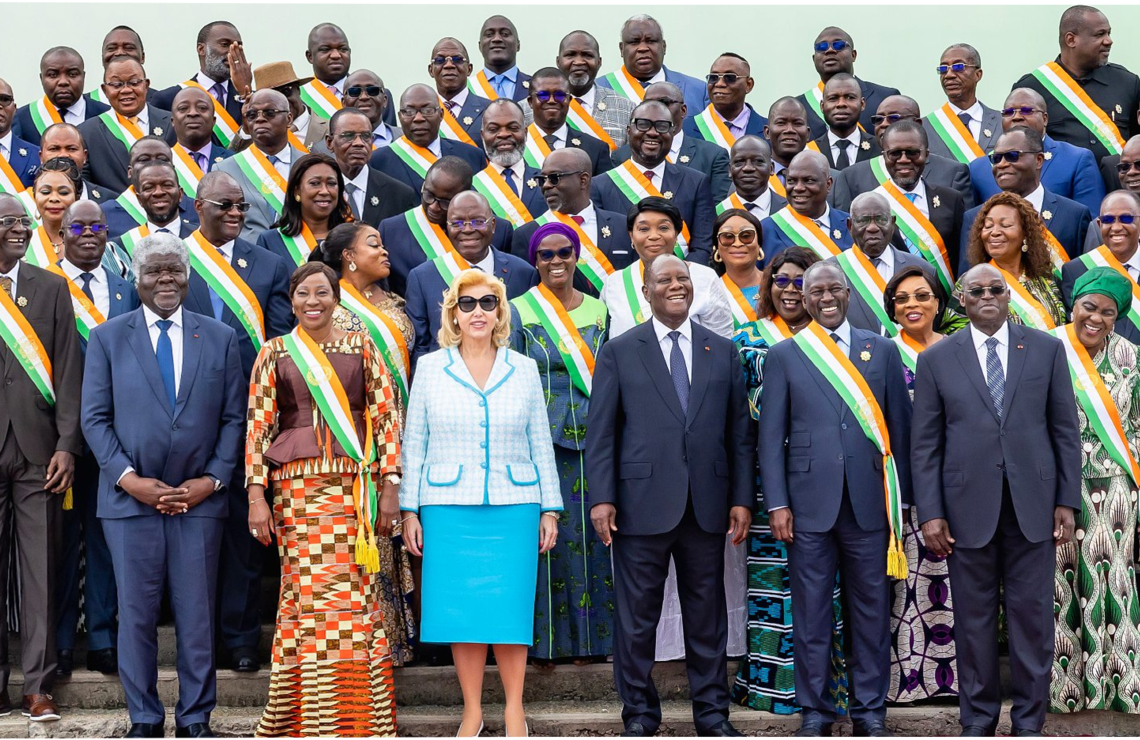
Getting everyone on board
This is the mantra of president Alassane Ouattara and his team: the human factor is essential for sustainable emergence. The 2015-2020 and 2021-2025 NDPs (National Development Plans) have made social issues a core priority. And the initial results have been convincing.
In his introductory comments to the National Development Plan 2021-2025, Ivorian President Alassane Ouattara correctly pointed out that: “Per capita income doubled between 2012 and 2020 to reach US$2,287, one of the highest levels in West Africa”. In fact, the Ivorian people's living conditions have improved and, since he came to power, the poverty rate (i.e. people living on less than 750 CFA francs a day) has fallen sharply from 51.5% of the population in 2011 to 44.4% in 2015, then 39.4% in 2018 and 35% in 2020. And the targets remain ambitious: 30% by 2025 and less than 20% by 2030.
The Head of State's objective, with this 59,000 billion CFA franc plan over the 5-year period (expected mainly from the private sector), is “to go even further in transforming the country and improving the living conditions of all people in all regions of Côte d'Ivoire”. The government therefore intends to improve the population's access to education, drinking water, electricity, healthcare, social protection, employment, etc. The social chapter, which is one of the ‘six pillars’ of the NDP 2021-2025, is clearly one of the priorities for public action, which has set itself the target of doubling per capita income again between 2020 and 2030, and finally bringing Côte d'Ivoire into the circle of emerging countries, i.e. “into the upper middle-income bracket”.
The theme chosen by Alassane Ouattara to define his policies during the 2020 presidential election campaign, ‘A united Côte d'Ivoire’, is reflected in the search for a degree of consistency in the choice of priorities, the structuring of government action and the policies pursued.
TAKING A LONG-TERM VIEW
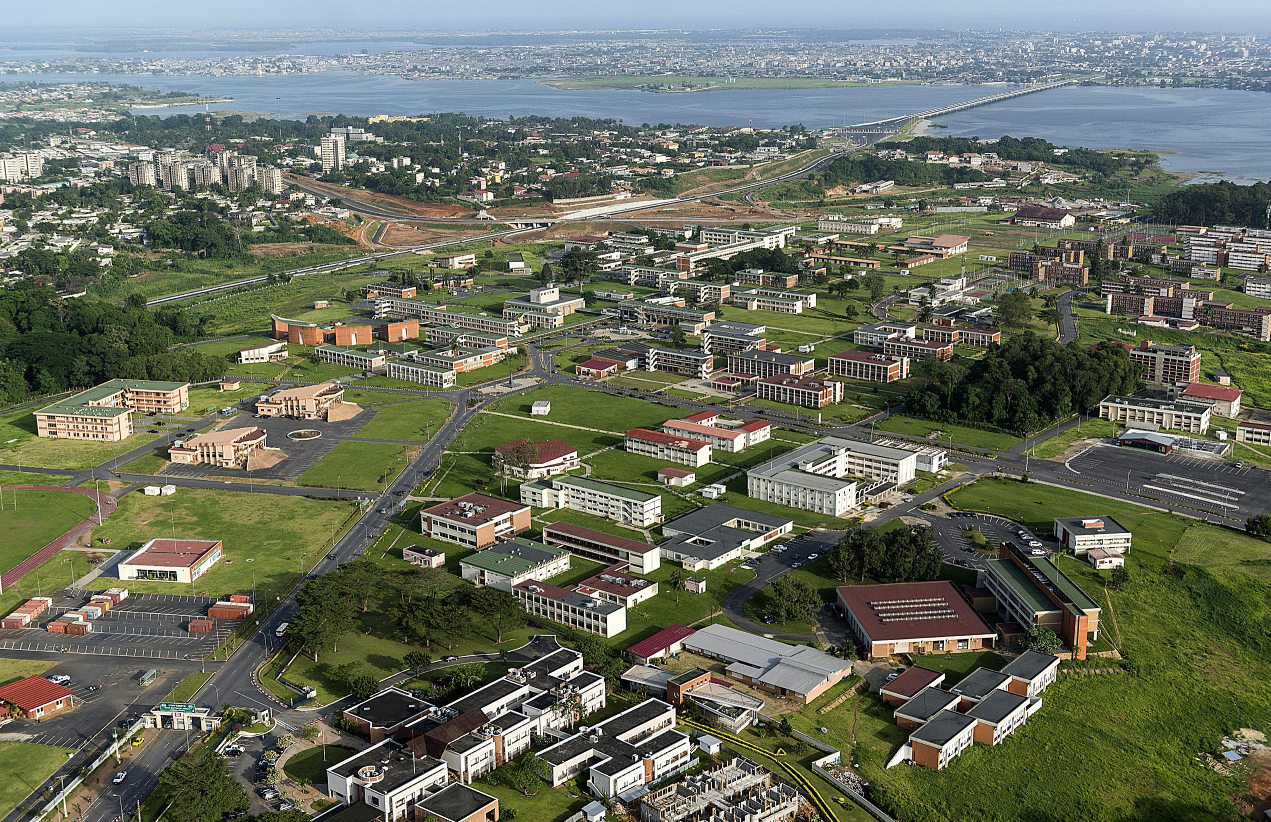
In terms of healthcare, for example, people still sometimes question the quality of the service, but they don't dispute the investment that has been made in health infrastructure throughout the country: fourteen hospitals have been completely refurbished, and eleven have been built. Teaching hospitals, regional hospitals, general hospitals, and specialist hospitals have all been upgraded with state-of-the-art equipment.
The same goes for education. The compulsory schooling programme, one of the few of its kind on the African continent, launched in September 2015, has led to the construction of thousands of primary school classrooms, hundreds of secondary schools (552 to be exact), and the recruitment of tens of thousands of teachers to cope with the number of children attending school. A total of 379.294 billion CFA francs was invested in education between 2011 and 2023. Although absorbing all the 4,400,000 pupils enrolled is still a challenge (it is not unusual for state schools to be overcrowded), the declared ambition of enrolling all Ivorian children in school, including girls, now seems to have been achieved. The official figures speak for themselves: the gross enrolment rate (total enrolment at a given level of education) has reached 100% (compared with 89.6% in 2014), and the primary school completion rate (percentage of pupils completing their primary education) is now 80.5% (compared with 64% in 2014 and 59.1% in 2012). This is a long-term vision that aims to raise the general level of education of the population. Particular attention has been paid to technical education. A total of 27 vocational training establishments have been renovated (and seven more are in the pipeline). As for higher education, five universities have been renovated and/or extended, three have been built (in Man, San-Pédro and Bondoukou) and five new ones are planned.
Achieving these objectives requires clear organisational direction to steer public action. Here, the government has broken new ground. Alongside the traditional social government ministries dedicated to women's status, national education, vocational training, health and housing, two cross-cutting ministries have been established: one dedicated to youth employment and the other to combating poverty. The Youth Employment Agency was set up by decree on 8 April 2015, tasked with helping young people into work, including by promoting entrepreneurship and granting repayable loans to launch income-generating activities. May 2015 saw the establishment of an entire ministry in charge of the promotion of youth and youth employment, and coordinating all the strategies put in place by the government with a view to integrating young people into the workforce. This ministry has been in the spotlight since Alassane Ouattara declared 2023 to be the ‘Year of Youth’ during his December 2022 greetings to the Ivorian people.
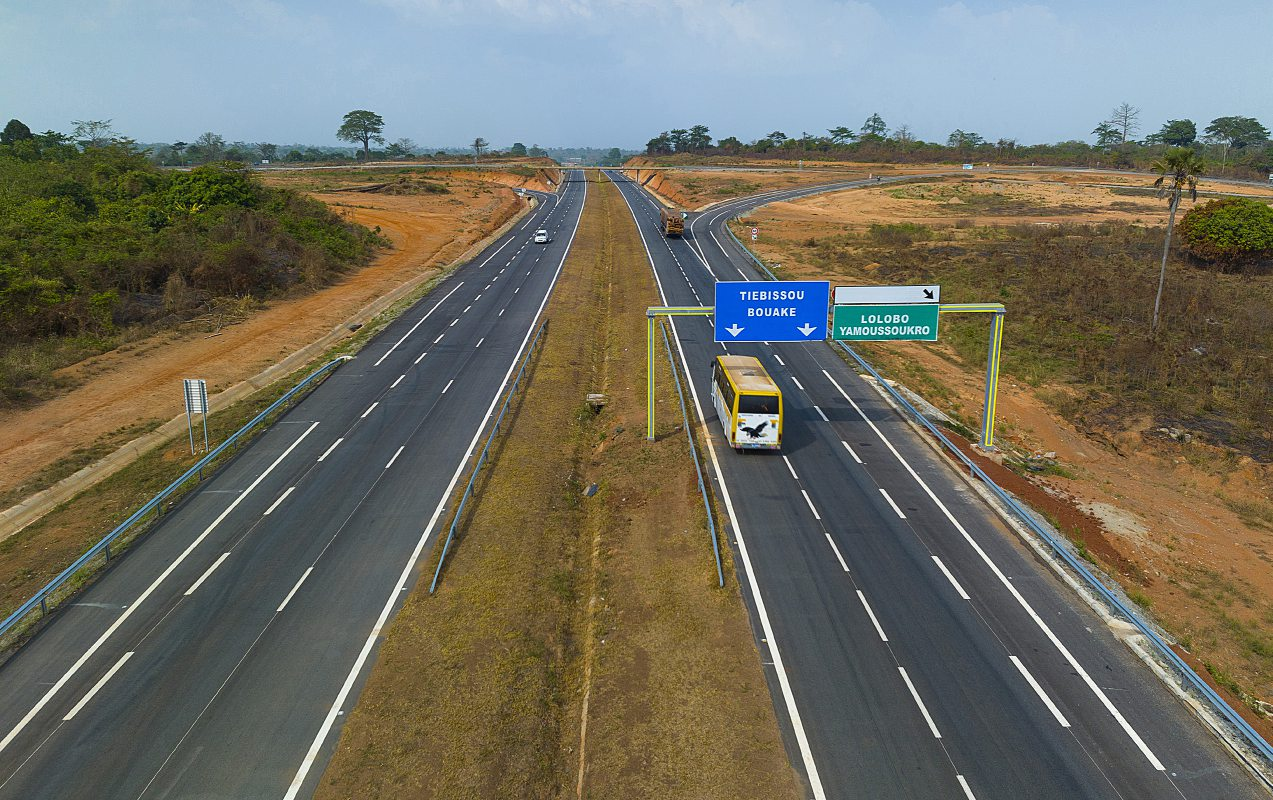
A Ministry of Solidarity and Combating Poverty was established in April 2021. This innovative structure consolidates all poverty alleviation programmes in its cross-cutting portfolio, based on the same coordinating model as the Ministry of Youth Employment.
In addition to providing essential infrastructure, there is a growing number of social programmes. Some are grouped together in the NDP 2021-2025 under the heading PS-Gouv (Government Social Programme), which aims to focus on areas of fragility. It sits alongside the PJ-Gouv (Government Youth Programme), which is one of the most widely publicised by the government. In fact, the PJ-Gouv programme has attracted a great deal of interest from its target population, Côte d'Ivoire's young people.
SUPPORT FOR THE MOST VULNERABLE
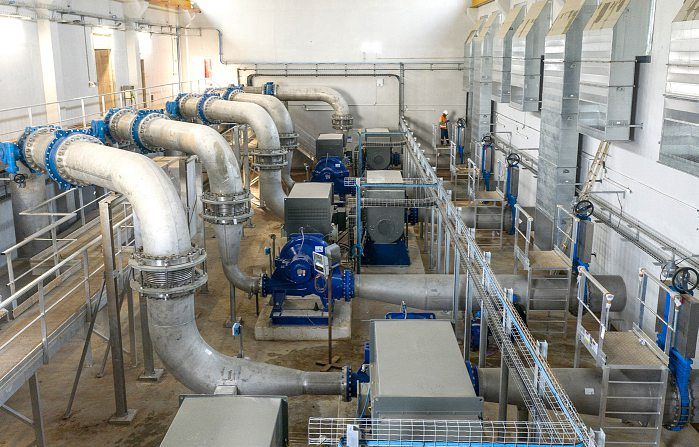
One of the most emblematic PS-Gouv programmes, ‘social safety nets’, launched with technical support from the World Bank, involves granting vulnerable households non-repayable quarterly allowances of 36,000 CFA francs (144,000 CFA francs a year) for three years. Payment is made directly via mobile phones given to beneficiaries. Phase 1 (2015-2020) of the programme, which came into effect in August 2015, was designed to improve living conditions for the poorest families in rural areas. Deemed to be ‘one of the twelve flagship quick-impact measures’ of the PS-Gouv, it was renewed for the period 2020-2024 and extended to urban areas. So far, 227,000 households across the country have benefited from these allowances.
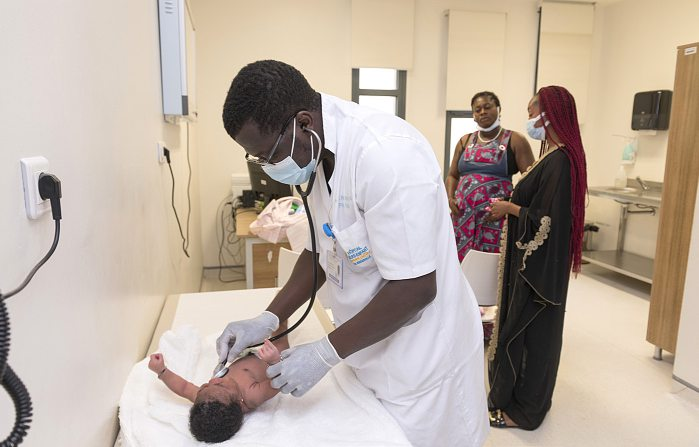
Widespread universal health coverage (CMU) and targeted free care for the most vulnerable people (particularly mothers and children) are included in the other major healthcare component of the PS-Gouv. More than ten million Ivorian people and foreign workers had been registered by the end of 2023, and 1,685,304 medical certificates had been issued. Each employee contributes 1,000 CFA francs per month to national solidarity. In addition, the non-contributory medical assistance scheme for the poorest people has reached 2.5 million people.
An equally emblematic programme, supported by Côte d'Ivoire's First Lady, Dominique Ouattara, is the Côte d'Ivoire Women's Support Fund. With a capital of 10 billion CFA francs, it aims to empower Ivorian women. The fund, which was set up as soon as Alassane Ouattara became head of state, has helped tens of thousands of women to escape poverty and create income-generating activities. It is a low-interest loan fund. The sums loaned, after project assessment, are often modest, but enable women to start up a business. To date, 365,000 women have benefited, and the repayment rate is over 97%. Twelve years after its inception, the programme's success has made it a model for other African countries.
SOCIAL RESULTS THAT COUNT
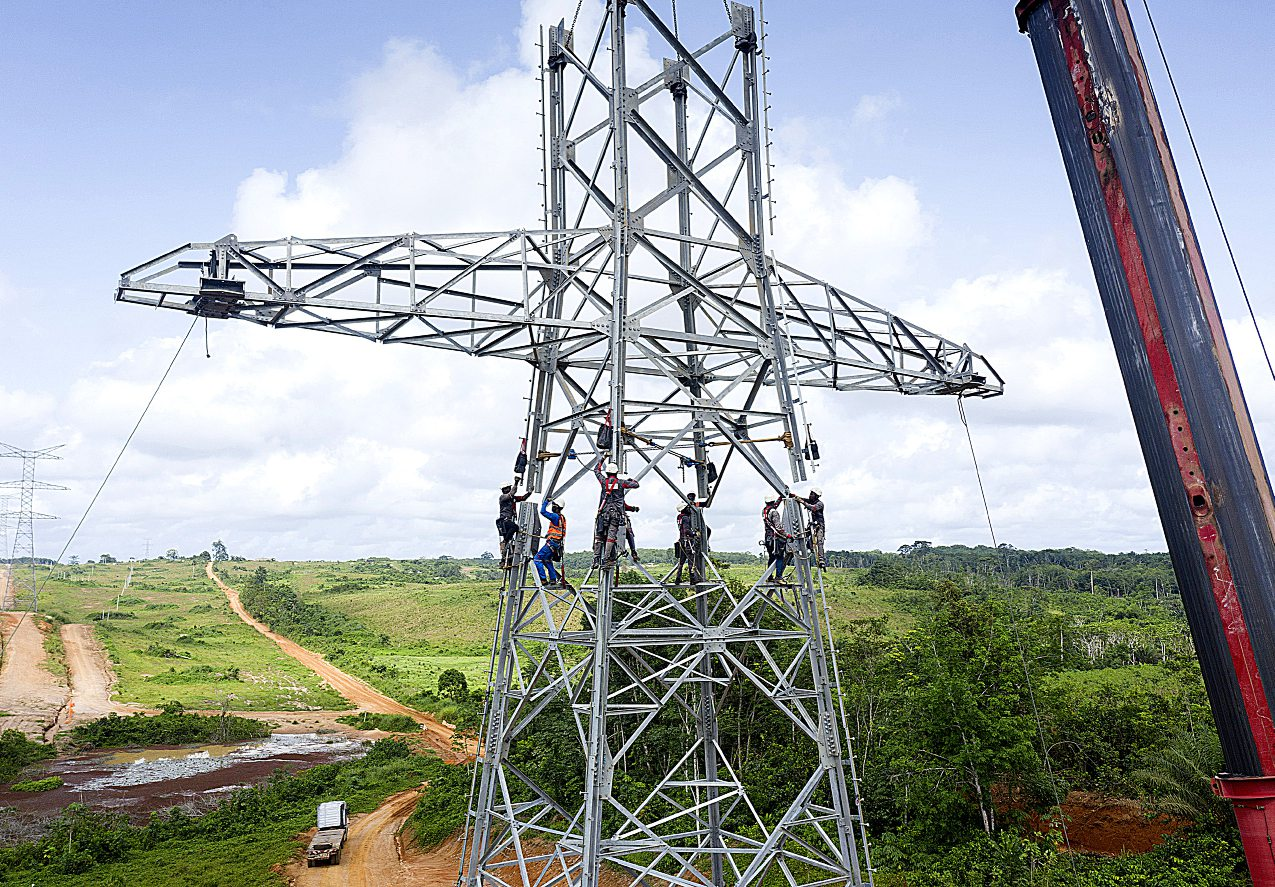
The Head of State's ambition is to “make every Ivorian, whatever their background or social circumstances, a player in development”. In the run-up to the 2025 presidential election, Alassane Ouattara has consolidated his ‘state of grace’ with the population. This was helped enormously by Côte d'Ivoire's victory in the African Cup of Nations in February, which generated an unprecedented wave of passion. He was widely credited by his compatriots for both the Elephants' victory and the organisation of the event. And for the appointment of a new Prime Minister, Robert Beugré Mambé, who rose to the challenge at a moment's notice. Since then, he has established himself as a highly operational cog in the wheels of power. The state funeral, in May 2024, of Henri Konan Bédié, who presided over the country's destiny from 1993 to 1999, and who went back into opposition with his party, the old PDCI-RDA, gave rise to another episode of national consensus. And even though their relationship, dating back to the early 1990s,had had its ups and downs, the President duly honoured his ‘elder', as he used to call him. It was another gesture much appreciated by the Ivorian people. It is in this calmer climate that the approach of the 2025 presidential election is gradually attracting attention.